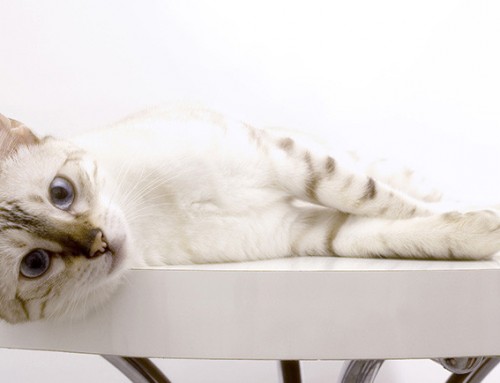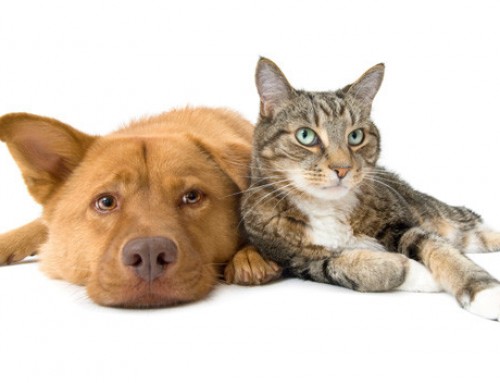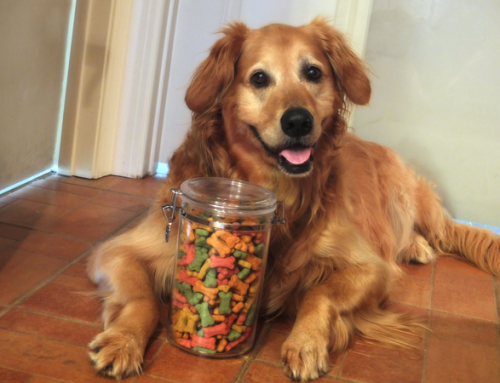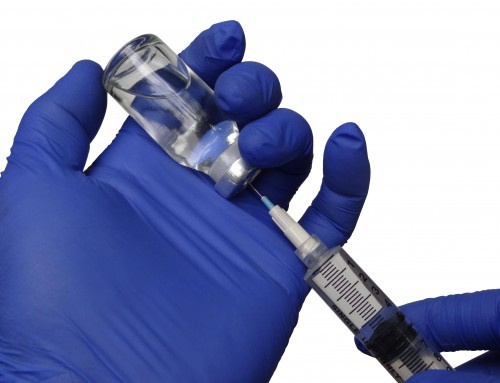Acetaminophen is an over-the-counter medicine used for pain and fever relief. It’s the active ingredient in a number of medications–you can find it sold alone as Tylenol or in combination with other drugs for multi-symptom relief, like Nyquil or Excedrin. It’s very likely that you have several medications containing acetaminophen in your home, which is why being aware of acetaminophen toxicity is so important.
Most animals don’t metabolize or break down drugs in the same way that humans do. As a result, something that’s safe for humans to ingest can lead to toxicity or death in animals. Acetaminophen is one of those cases. For dogs, a toxic dose is 45 milligrams of acetaminophen per pound of body weight, while the toxic dose for cats is smaller at 22 milligrams per pound of body weight. This means that consuming a single tablet of Tylenol, which contains 325 milligrams of acetaminophen, would be fatal for the average cat or small dog if medical attention is not sought immediately.
Once swallowed, acetaminophen reaches the blood stream within thirty minutes. Signs of acetaminophen toxicity include nausea, vomiting, diarrhea, lethargy, depression, blue gums, weakness, rapid or difficulty breathing, collapse, coma, swelling of the face and paws (especially in cats), dry eyes in dogs, dark urine and blood, and pale, dark or muddy mucous membranes. Additional symptoms like tremors, seizures, and disorientation might occur if the drug contained other active ingredients like anti-histamines or caffeine.
If you think your pet may have ingested acetaminophen, please seek veterinary attention immediately.
The most effective way to keep your dogs and cats safe from acetaminophen toxicity is by making sure that all medications in your home are stored in a safe place away from curious paws. Remember, cats and dogs can easily knock over bottles on counters and coffee tables and rummage through purses and backpacks, so it’s best to keep medications somewhere secure like a drawer or cabinet that cannot be accessed by your pets. If you’ve accidentally dropped a pill and can’t find it, temporarily block off the area so your pets don’t eat the medication while you’re busy searching.
And remember, never give your pets medication intended for humans unless instructed to do so by your veterinarian. If your pet swallows human medication and you’re unsure whether it’s toxic, contact us immediately and we’ll help you from there.







Leave A Comment
You must be logged in to post a comment.